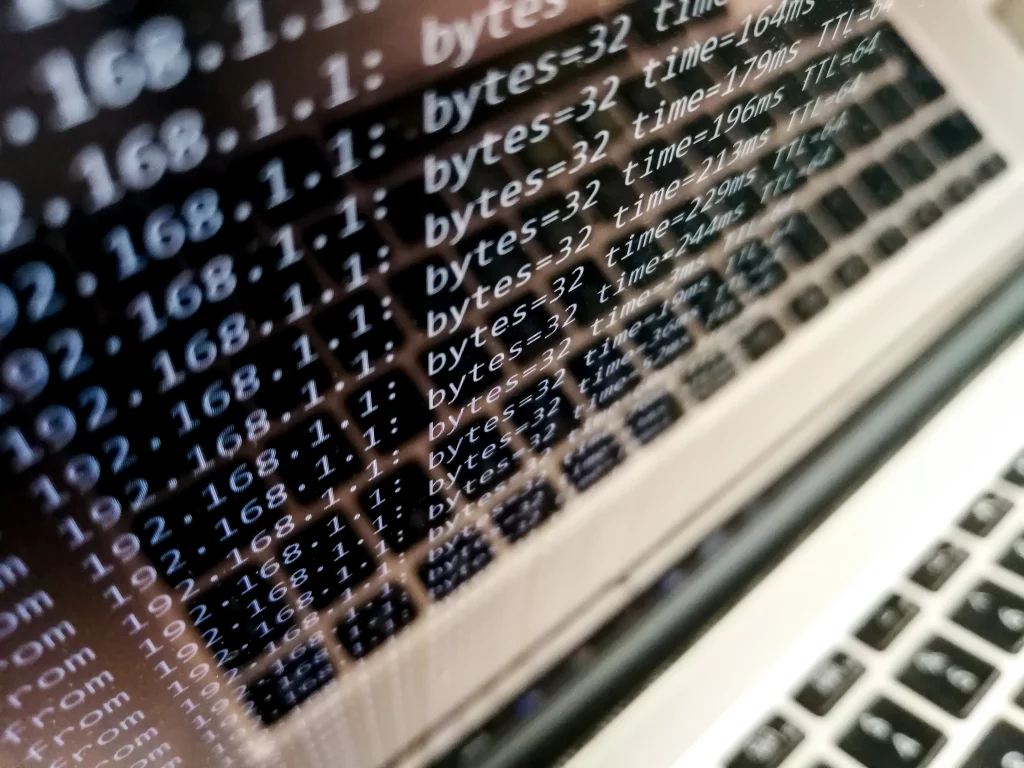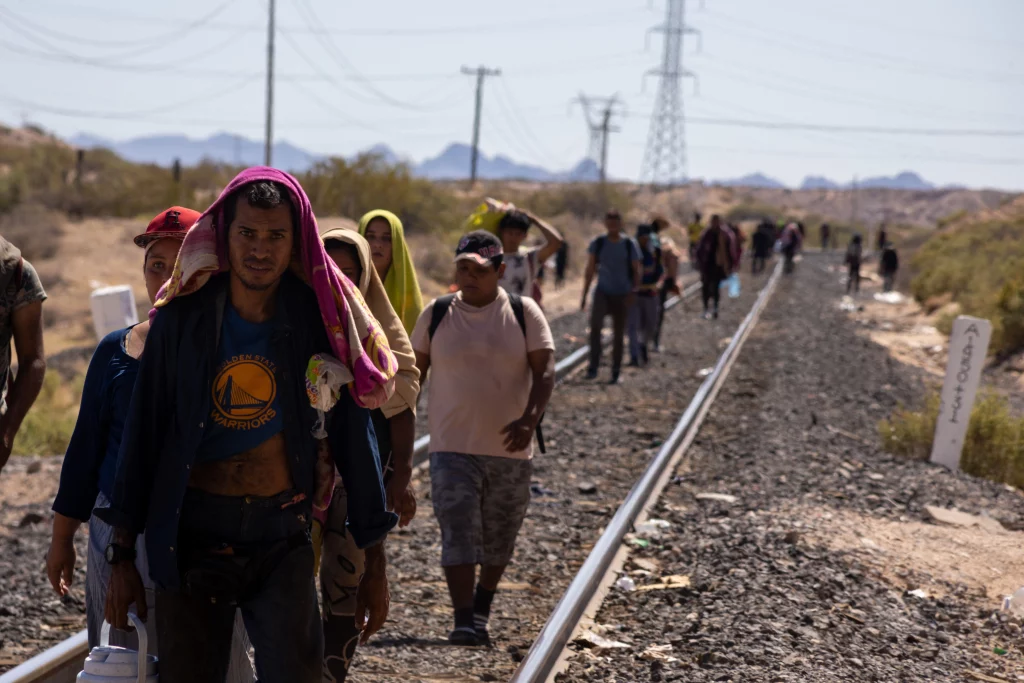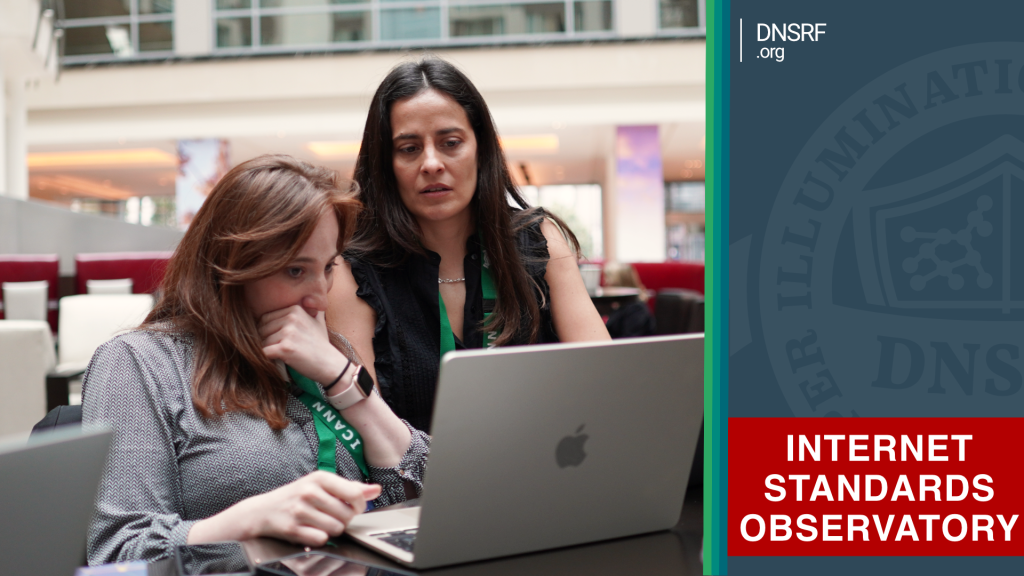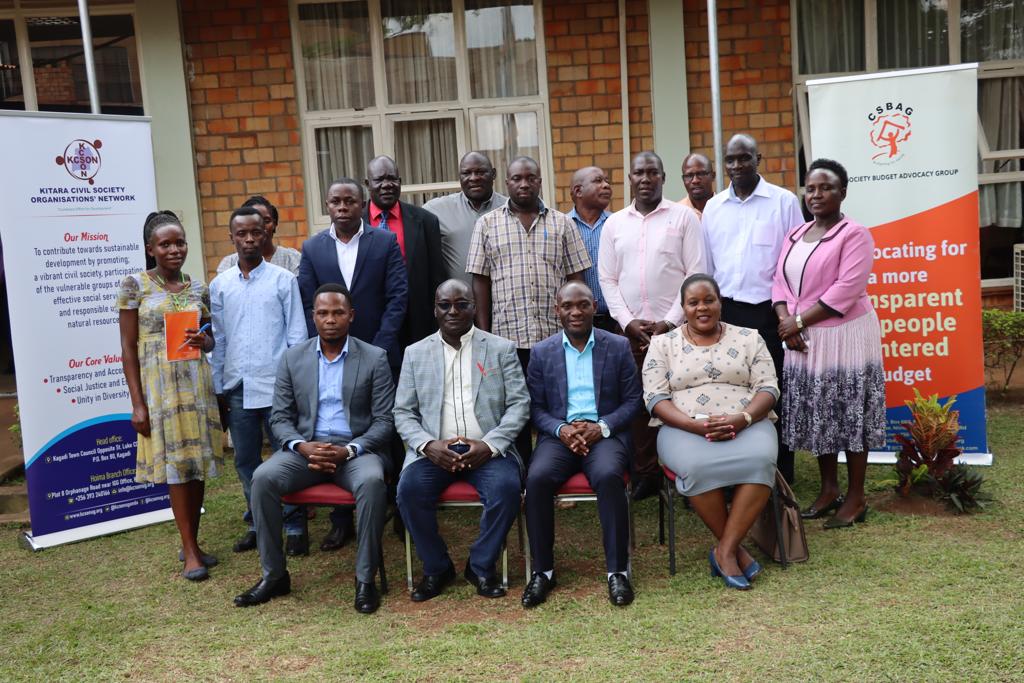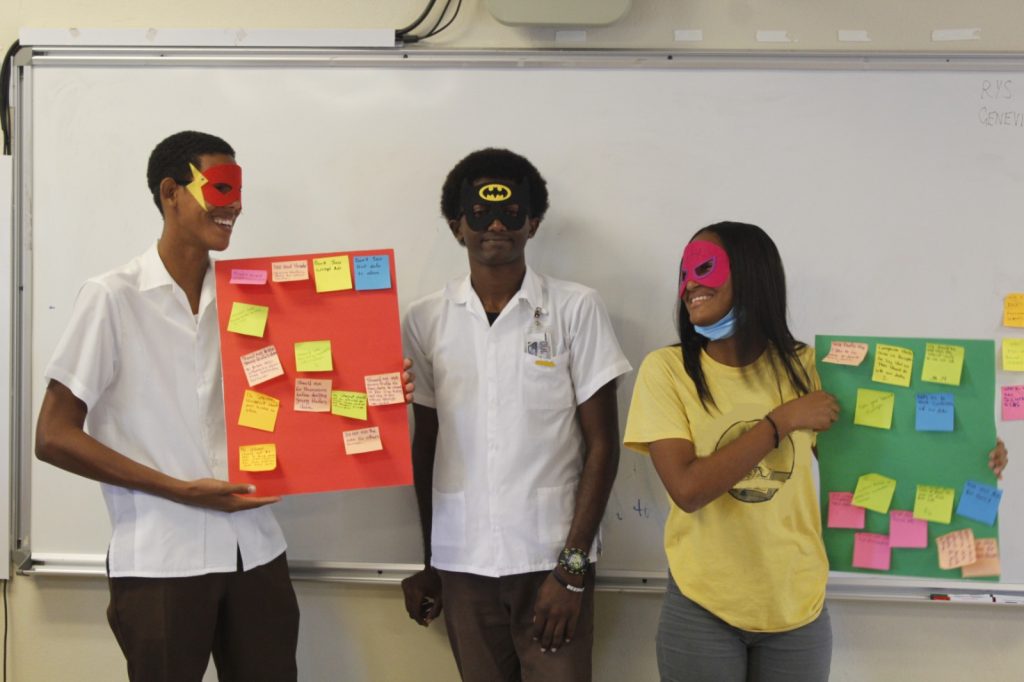The question addressed in this research is how to transform the cost of mitigating Denial-of-Service (DoS) attacks on the Internet from a burden on the potential victim to a burden on attackers. Reducing the cost of mitigation DoS attacks to the victims and increasing that burden on the attackers helps enhance trust in the network.…
Read MoreRESEARCH QUESTION This research is a case study on the migrants crossing the Mexico-US border. The objective is to better understand how self-perceptions of digital vulnerability to disinformation and surveillance are formed during the migratory journey and to what extent it affects decision-making regarding the use of the Internet. The questions that are addressed in…
Read MoreRESEARCH QUESTION The project seeks to contribute to the body of research on the question of standards and fragmentation. The Project methodology research question is: How can automation contribute to the identification of standards proposals that seek to transform the Internet’s building blocks and splinter the network through standards? The policy research questions are: (1)…
Read MoreRESEARCH QUESTION Divvi Up is a system developed to provide privacy-respecting metrics for COVID-19 exposure notification apps. This research focuses on discovering, designing, building, and testing to determine what is required in order to deliver Internet-scale privacy benefits across a wide range of use cases, with ease of use and accessibility as core attributes. The…
Read MoreRESEARCH QUESTION The research objective is to measure the economic impacts of dark patterns in the context of consumer data sharing in the US. Companies often design digital interfaces that manipulate or coerce users into actions they may not take otherwise. These designs are called “dark patterns” when they create consumer harm. The “economic impact”…
Read MoreRESEARCH QUESTION This research addresses the question of how private sector governance mechanisms interact with technology to produce trust and security on the Web. The project provides an independent assessment of Web PKI as a system of security governance. It explains and explores how it works, what actors are involved in it, how it is…
Read MoreRESEARCH QUESTION The research aims to provide a comprehensive picture of the manner in which social media platforms are used by Eritreans in the country and diaspora communities, including an analysis of the role of social media platforms in the Tigray conflict. The main research question is: What is the impact of social media platforms…
Read MoreRESEARCH QUESTION The research questions are: What are the opportunities for the Internet in service delivery? What are the capacity gaps hindering the utilization of the Internet by government agencies in the effort to improve transparency and accountability in service delivery? The research takes place in Uganda. WHY IS THIS RESEARCH IMPORTANT? Despite having Internet…
Read MoreRESEARCH QUESTION In the context of the new tech regulations being passed around the world demanding that digital products and services are built and work in ways that promote “children’s best interests”; the research objective is to explore and define what “children’s best interests” means and how this relates to what children want and trust.…
Read MoreRESEARCH QUESTION The question that is addressed in this research is: How can a decolonizing program for the European digital rights field be designed and implemented? The decolonizing program is co-designed by researchers and/or members from the digital rights field and social, economic and racial justice organizations, to address power dynamics in the field and…
Read More
